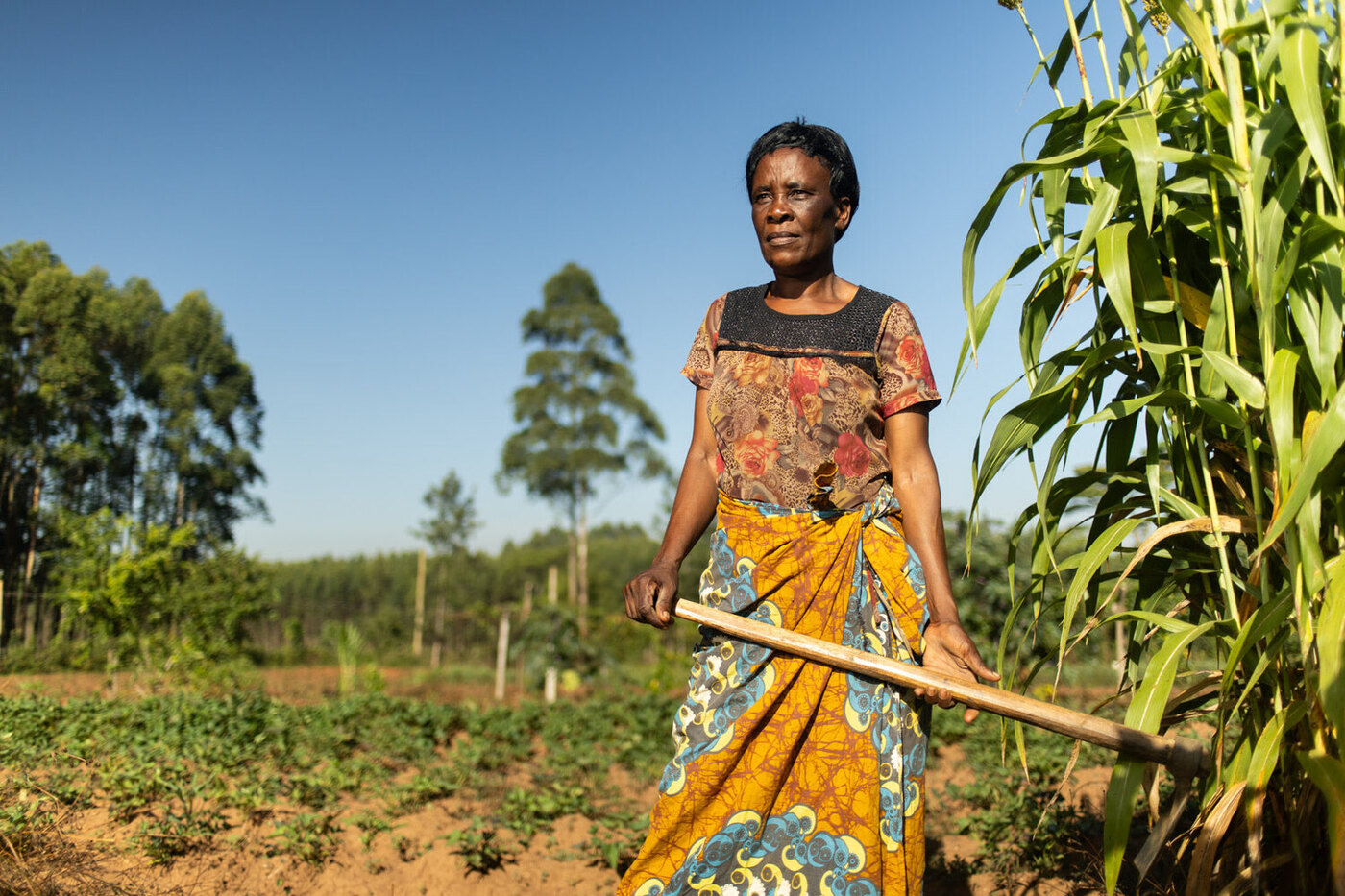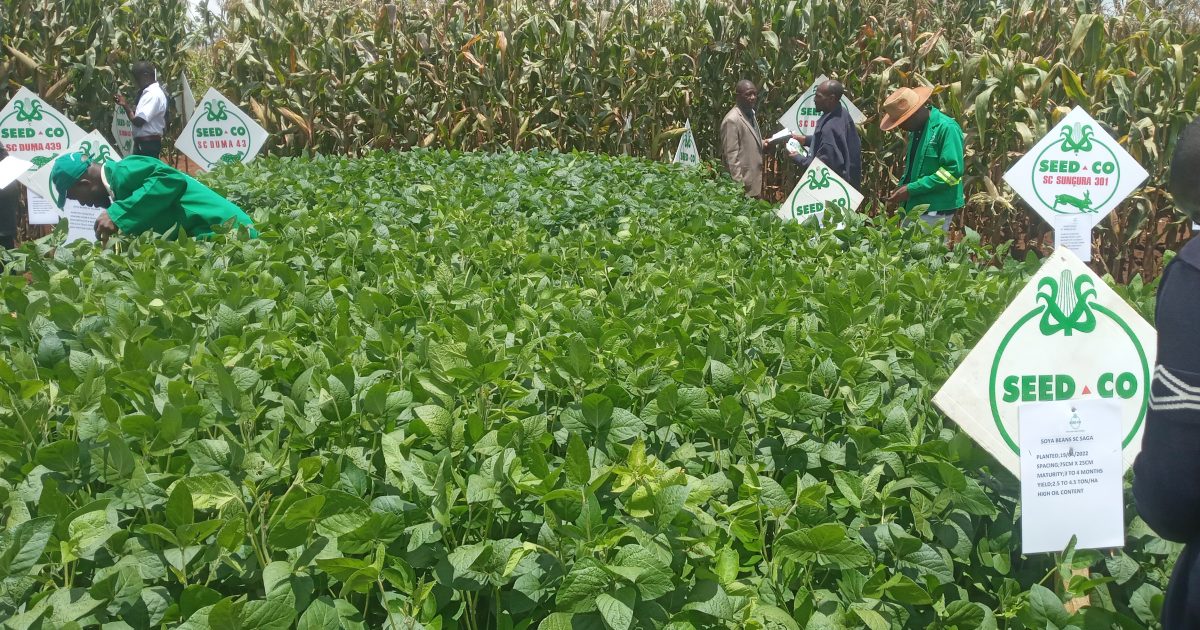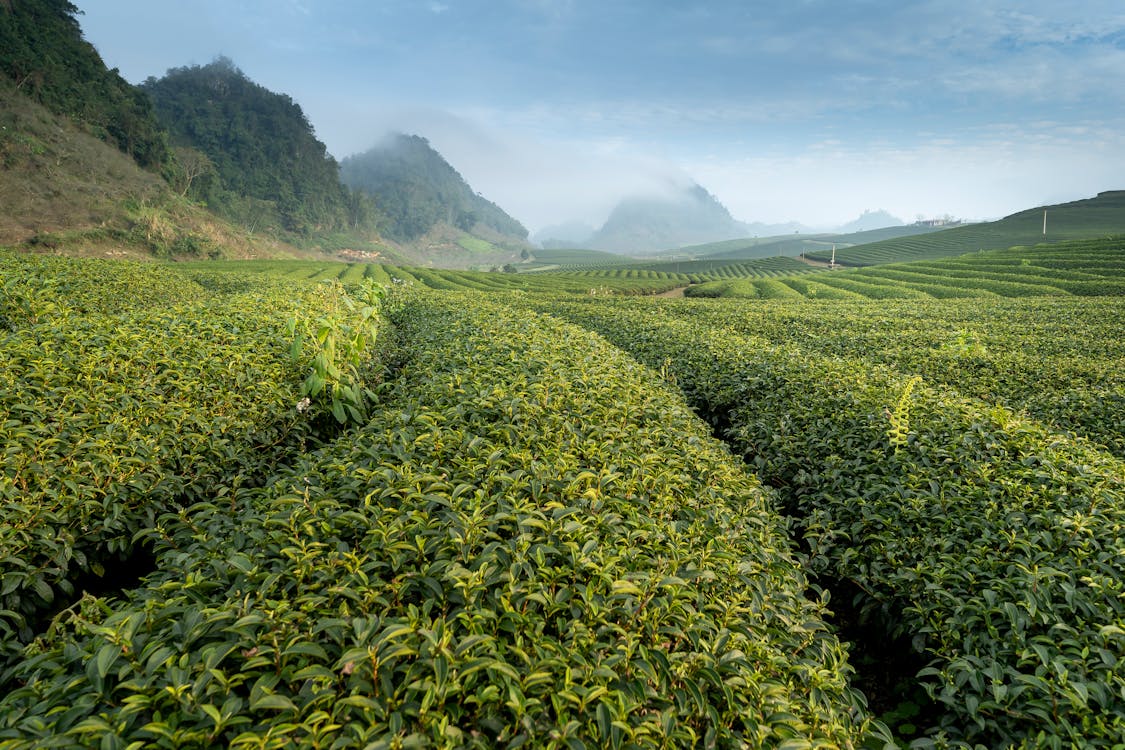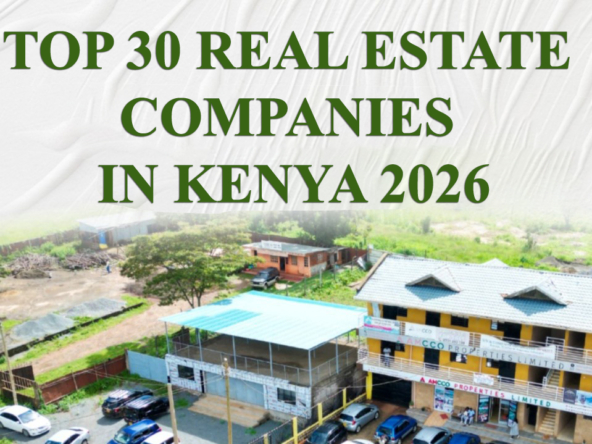Agricultural Land Kenya: Cultivate Your 2025 Investment Dreams
As global food demand continues to rise and the imperative for sustainable practices becomes paramount, agricultural land Kenya is emerging as a highly profitable and resilient sector for 2025. This vital segment of the real estate market offers not only the promise of substantial financial returns but also contributes significantly to food security and economic growth across East Africa. For astute investors looking beyond traditional urban properties, agricultural land Kenya presents a compelling proposition for long-term wealth creation and impact.

Why Invest in Agricultural Land Kenya?
Investing in agricultural land Kenya is a strategic move, driven by several powerful factors that ensure its sustained value and profitability:
- Rising Global Food Demand: With a growing global population, the demand for food is constantly increasing, making agricultural produce a perpetually valuable commodity.
- Consistent Returns: Agricultural land generally offers attractive returns ranging from 6% to 10% annually, providing a stable income stream through farming or leasing.
- Tangible and Appreciating Asset: Like other forms of land, agricultural plots appreciate over time, offering capital gains in addition to operational income. It’s a physical asset that provides security against economic volatility.
- Diversification: Investing in agricultural land Kenya offers excellent portfolio diversification, balancing risks associated with urban real estate or more volatile financial markets.
- Government Support: The Kenyan government recognizes the importance of agriculture to its economy and often implements policies and initiatives to support the sector, including infrastructure development in rural areas.
- Flexibility in Use: Agricultural land can be used for various purposes, from cultivating high-value crops to livestock farming, or even leased out to agribusinesses, offering multiple income streams.
Key Strategies for Profitable Agricultural Land Kenya Investment
To maximize returns from agricultural land Kenya, a strategic and informed approach is essential. Here are key strategies to consider:
1. Strategic Location & Climate Suitability for Agricultural Land Kenya
The first and most critical strategy for agro-property investment in Kenya is selecting the right location, which dictates climate, soil type, and accessibility. Kenya boasts diverse agro-ecological zones suitable for various crops. Areas like the Rift Valley (Nakuru, Narok), Western Kenya (Trans Nzoia, Bungoma), parts of Central Kenya (Nyandarua, Laikipia), and specific zones in the Coast and Eastern regions offer varying degrees of suitability for different types of farming. Proximity to markets, water sources, and infrastructure (roads, electricity) also significantly impacts profitability.
2. Understanding Market Demand & Niche Crop Selection for Agricultural Land Kenya
A profitable agricultural land Kenya investment requires in-depth market research. Focus on crops with consistent demand and higher profit margins. Examples include high-value horticulture like Hass avocados (especially for export), French beans, snow peas, and cut flowers. Emerging markets for herbs and spices such as coriander, rosemary, basil, chili, ginger, and turmeric also present growing local and export opportunities. Understanding the entire value chain from farm to consumer is crucial.
3. Embracing Sustainable & Smart Farming Technologies for Agricultural Land Kenya
Adopting modern and sustainable farming practices can significantly boost yields and resilience. This includes implementing soil health management techniques like crop rotation, organic fertilizers, minimum tillage, and cover cropping. Integrated Pest Management (IPM) can reduce reliance on chemical pesticides. Utilizing renewable energy, such as solar-powered pumps for irrigation or solar panels for on-site processing facilities, reduces operational costs. Water harvesting techniques, like constructing water pans or dams, are vital for irrigation during dry seasons. Adopting these technologies makes your agricultural land Kenya more productive and resilient to climate change, securing your agro-property investment.
4. Value Addition & Agribusiness Integration for Agricultural Land Kenya
Simply selling raw produce often yields minimal returns. Agricultural land Kenya investment can be significantly more profitable through value addition. This involves processing raw produce into higher-value products (e.g., fruit juices, dried herbs, packaged spices). Developing attractive packaging and a strong brand identity can command better market prices. Direct sales through farm shops, farmers’ markets, or online platforms can bypass middlemen. If the agricultural land Kenya has scenic appeal, consider integrating agro-tourism activities like farm tours, pick-your-own experiences, or farm stays.
5. Risk Management for Agricultural Land Kenya Investment
Like any investment, agricultural land comes with risks. Implement strategies for climate change adaptation (e.g., drought-resistant crops, water harvesting). Develop robust pest and disease management plans, use disease-resistant crop varieties, and ensure regular monitoring. To mitigate market volatility and price fluctuations, diversify your crops and explore multiple market channels (local, export, processing), or consider forward contracts and joining farmer cooperatives.
6. Financing Options for Agricultural Land Kenya
Several financing options are available for investing in agricultural land Kenya. These include traditional commercial bank loans for land purchase and development. Additionally, government-owned institutions like the Agricultural Finance Corporation (AFC) provide affordable credit specifically to farmers and agribusinesses. Exploring these options can help facilitate your investment.
Average Land Prices for Agricultural Land Kenya by Region (2025)
The cost of agricultural land Kenya varies significantly by region, influenced by factors such as soil fertility, water availability, infrastructure, and proximity to markets. Here’s a general overview of price ranges per acre in areas known for agricultural potential:
- Remote Rural Areas (e.g., parts of Kajiado County like Bisil, Mashuuru; Laikipia North; Interior Kitui areas; Taita Taveta interiors): Prices can range from KSh 100,000 to KSh 600,000 per acre. These areas offer the cheapest land but may have limited infrastructure and water scarcity concerns.
- Emerging Agricultural Hubs (e.g., Rumuruti in Laikipia, Isinya farther from main road): Acre prices start from KSh 250,000 to KSh 900,000. These areas are growing due to planned infrastructure and new commercial activities, making them suitable for agriculture and speculation.
- Fertile Agricultural Zones (e.g., Kimana in Kajiado, Olkalou in Nyandarua, Narok): Prices can range from KSh 800,000 to KSh 3.5 million per acre, depending on specific location and existing infrastructure. These areas are known for their high agricultural productivity.

For example, you can find 10 acres for sale in Kimana at KSh 800,000 per acre, or 70 acres in Olkalou at KSh 1.3 million per acre. Larger parcels, such as 97 acres in Narok, can be found for KSh 550,000 per acre, while 170 acres in Narok might be available for KSh 300,000 per acre.
Legal Considerations for Foreigners Investing in Agricultural Land Kenya
Foreign ownership of agricultural land Kenya is heavily restricted. Under Kenyan law, foreigners are generally barred from owning agricultural land directly. However, there are legal avenues to facilitate such investments:
- Kenyan-Incorporated Company: The most common method is to acquire agricultural land through a Kenyan-incorporated company where at least 51% of the ownership is local (Kenyan shareholding). This allows the company to legally own the land.
- Land Control Board (LCB) Approval: Even with a Kenyan-incorporated company, approval from the Land Control Board (LCB) is typically required for transactions involving agricultural land. The LCB often grants such approvals for projects that demonstrate public benefit, such as large-scale farming that contributes to food security or job creation.
- Leasehold Conversion: If freehold agricultural land is inherited by a foreigner, the title automatically converts to a 99-year leasehold.
It is crucial for foreign investors to work with licensed Kenyan property lawyers to navigate these complex legal requirements and ensure full compliance with the Land Control Act and other relevant laws.

Conclusion: Cultivating Success with Agricultural Land Kenya
Investing in agricultural land Kenya offers a compelling blend of stability, profitability, and contribution to a vital sector. With rising global food demand, consistent returns, and the potential for value addition through agribusiness, it stands out as a smart investment choice for 2025. While navigating the market requires strategic planning, particularly regarding location, crop selection, and legal compliance for foreign investors, the opportunities for significant long-term gains are substantial.
By embracing sustainable farming practices, leveraging modern technologies, and understanding market dynamics, investors can cultivate not just crops, but also substantial wealth and a lasting legacy in Kenya’s fertile lands. The resilience and growth potential of agricultural land Kenya make it an attractive proposition for those seeking to diversify their portfolios and contribute to East Africa’s economic prosperity.

Frequently Asked Questions (FAQs) about Agricultural Land Kenya
Q1: What is the typical ROI for agricultural land in Kenya?
Agricultural land in Kenya generally offers returns ranging from 6% to 10% annually, combining both operational income from farming or leasing and capital appreciation of the land itself.
Q2: Can foreigners directly own agricultural land in Kenya?
No, direct foreign ownership of agricultural land in Kenya is heavily restricted. Foreigners typically acquire such land indirectly through a Kenyan-incorporated company with at least 51% Kenyan shareholding, and usually require approval from the Land Control Board (LCB).
Q3: What are some high-value crops to consider for agricultural land Kenya investment?
High-value crops with consistent demand include Hass avocados (especially for export), French beans, snow peas, cut flowers, and various herbs and spices like coriander, rosemary, basil, chili, ginger, and turmeric.
Q4: Which regions in Kenya are best for agricultural land investment?
Key regions include the Rift Valley (Nakuru, Narok), Western Kenya (Trans Nzoia, Bungoma), parts of Central Kenya (Nyandarua, Laikipia), and specific zones in the Coast and Eastern regions, depending on the specific crops and climate suitability.
Q5: How can I mitigate risks when investing in agricultural land Kenya?
Mitigate risks by implementing climate change adaptation strategies (e.g., drought-resistant crops), developing robust pest and disease management plans, diversifying crops, exploring multiple market channels, and considering forward contracts or farmer cooperatives to stabilize prices.




